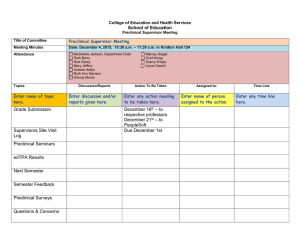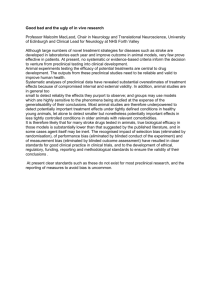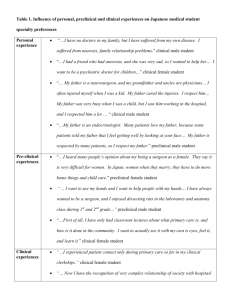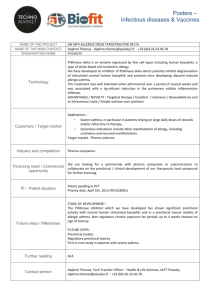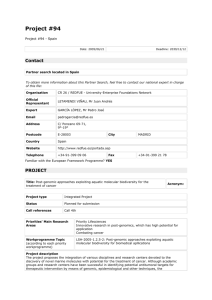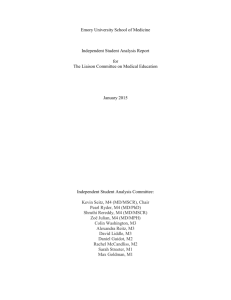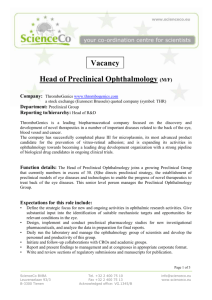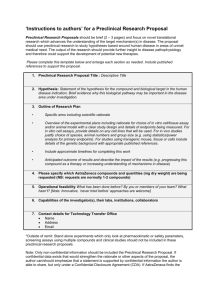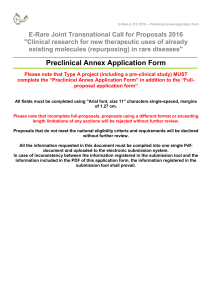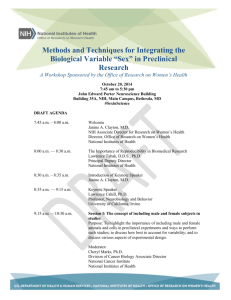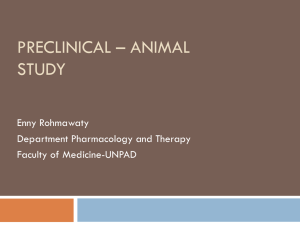Student Workload Policy
advertisement
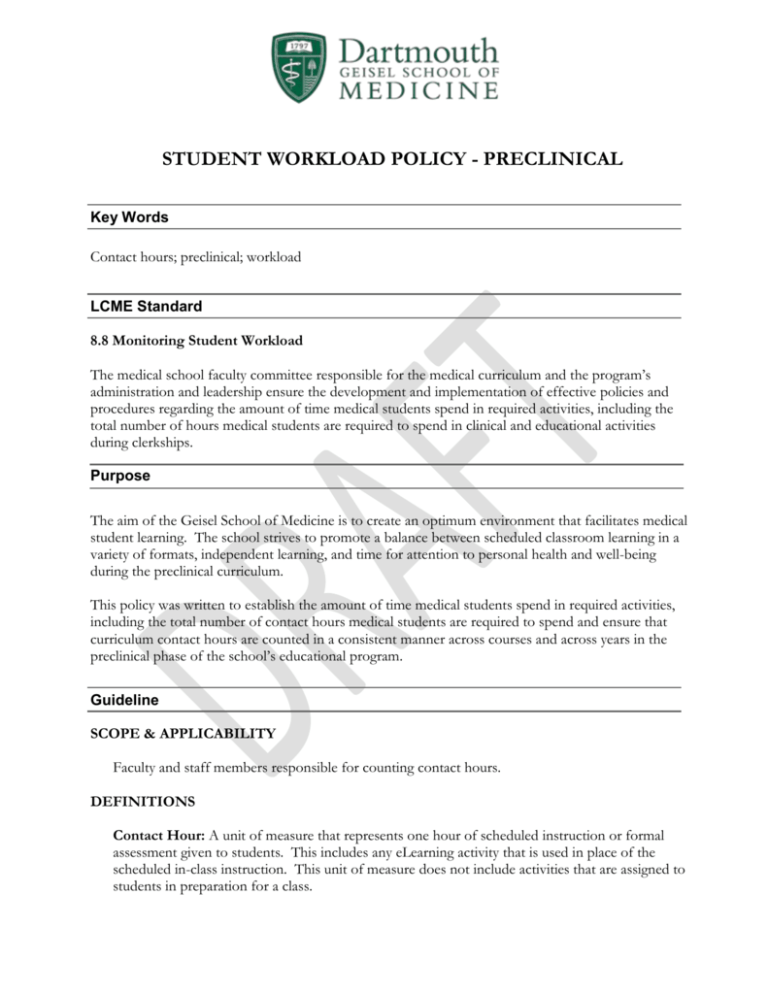
STUDENT WORKLOAD POLICY - PRECLINICAL Key Words Contact hours; preclinical; workload LCME Standard 8.8 Monitoring Student Workload The medical school faculty committee responsible for the medical curriculum and the program’s administration and leadership ensure the development and implementation of effective policies and procedures regarding the amount of time medical students spend in required activities, including the total number of hours medical students are required to spend in clinical and educational activities during clerkships. Purpose The aim of the Geisel School of Medicine is to create an optimum environment that facilitates medical student learning. The school strives to promote a balance between scheduled classroom learning in a variety of formats, independent learning, and time for attention to personal health and well-being during the preclinical curriculum. This policy was written to establish the amount of time medical students spend in required activities, including the total number of contact hours medical students are required to spend and ensure that curriculum contact hours are counted in a consistent manner across courses and across years in the preclinical phase of the school’s educational program. Guideline SCOPE & APPLICABILITY Faculty and staff members responsible for counting contact hours. DEFINITIONS Contact Hour: A unit of measure that represents one hour of scheduled instruction or formal assessment given to students. This includes any eLearning activity that is used in place of the scheduled in-class instruction. This unit of measure does not include activities that are assigned to students in preparation for a class. Student Workload Policy - PreClinical Page 2 Of 3 Preclinical: Refers to the period of medical education where teaching and learning are devoted to the basic sciences and the basics of history taking and physical exam skills. This period precedes the clinical rotations when students begin their clinical studies in clerkships, electives, and subinternships. POLICY STATEMENT 1. The required contact time should not exceed 25 hours per week, averaged over the entire term, for each course in Years 1 and 2. 2. In no circumstances should contact time, in any week, exceed 28 hours. PROCEDURE Scheduled learning experiences and formal assessment experiences are considered to be contact hours. Listed in alphabetical order, those experiences are as follows: Learning experiences Clinical experiences (On Doctoring’s direct patient contact experiences) E-learning modules IPE sessions Labs Large group (TBL, case discussions, CPC, session with patient interview, panel discussions, ARS, flipped classrooms) Lectures PBL Review sessions (required) Small group (any session with a small group of students to discuss a specific issue, topic or problem, such as case conferences, seminars, etc.) Assessment Experiences Exams (MCQ, quizzes, essays, NBME, etc.) OSCEs The following activities listed in alphabetical order are not considered to be contact hours: Not to be counted BLS training Board review sessions Community service orientation and time to participate E-learning modules used for pre-work, preparatory quizzes, etc. Enrichment elective time in Year 1 and 2 Introduction to Year 1and Year 2 sessions, such as introduction to the library, PBL, etc. NBME informational sessions and mock exam Student Workload Policy - PreClinical Page 3 Of 3 Orientation (OSHA training, criminal background checks, etc.) Fingerprinting for the VA Flu shots IV/Phlebotomy training PPD testing Reading day Review sessions (optional) RESPONSIBILITY Office of Medical Education BACKGROUND Click here to view the Background & Policy Origin Contact Information Office of Medical Education Geisel School of Medicine at Dartmouth Hinman Box 7005 Remsen Building, Room 306 Hanover, NH 03755 (603) 650-6530 Related Information University Documents: None. Other Documents: None. Related Links: None. Policy Administration Application: Faculty and staff Date Created: Responsible Office: Office of Medical Education Date Reviewed: Written By: ?? The Medical Education Committee The Medical Education Committee Date Revised: Authorized By: Policy Number: January 21, 2014 ??
